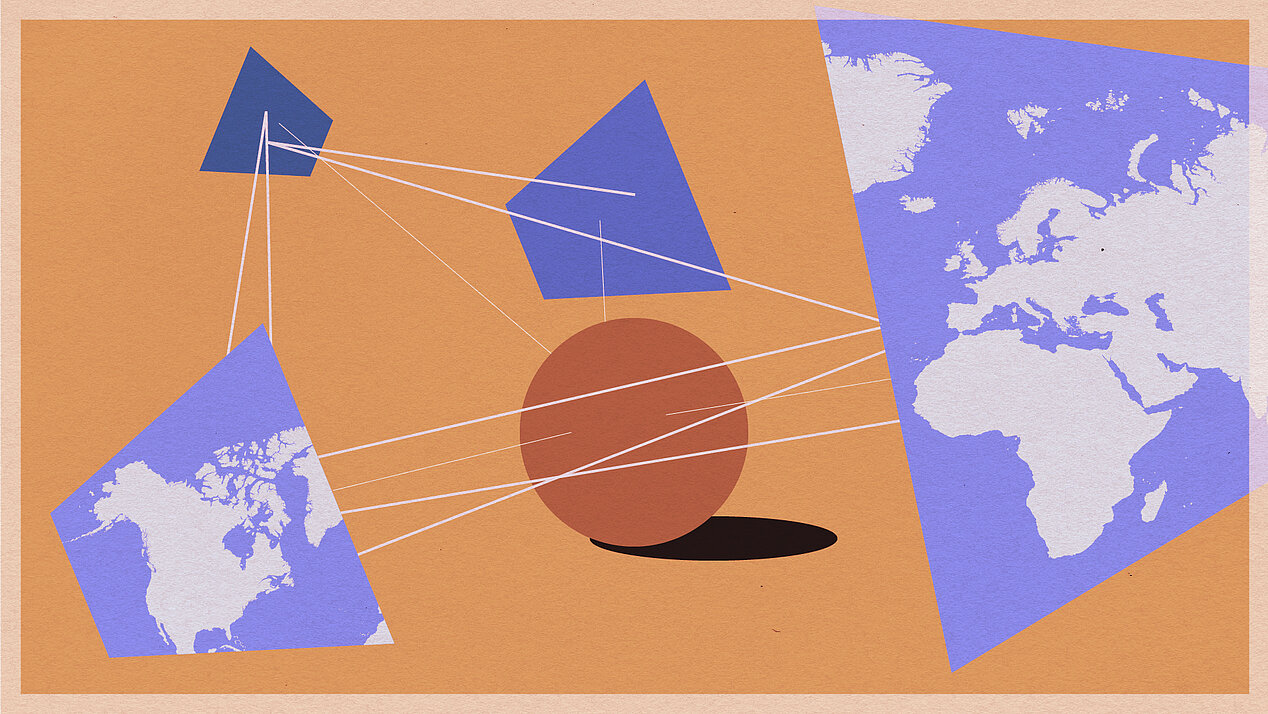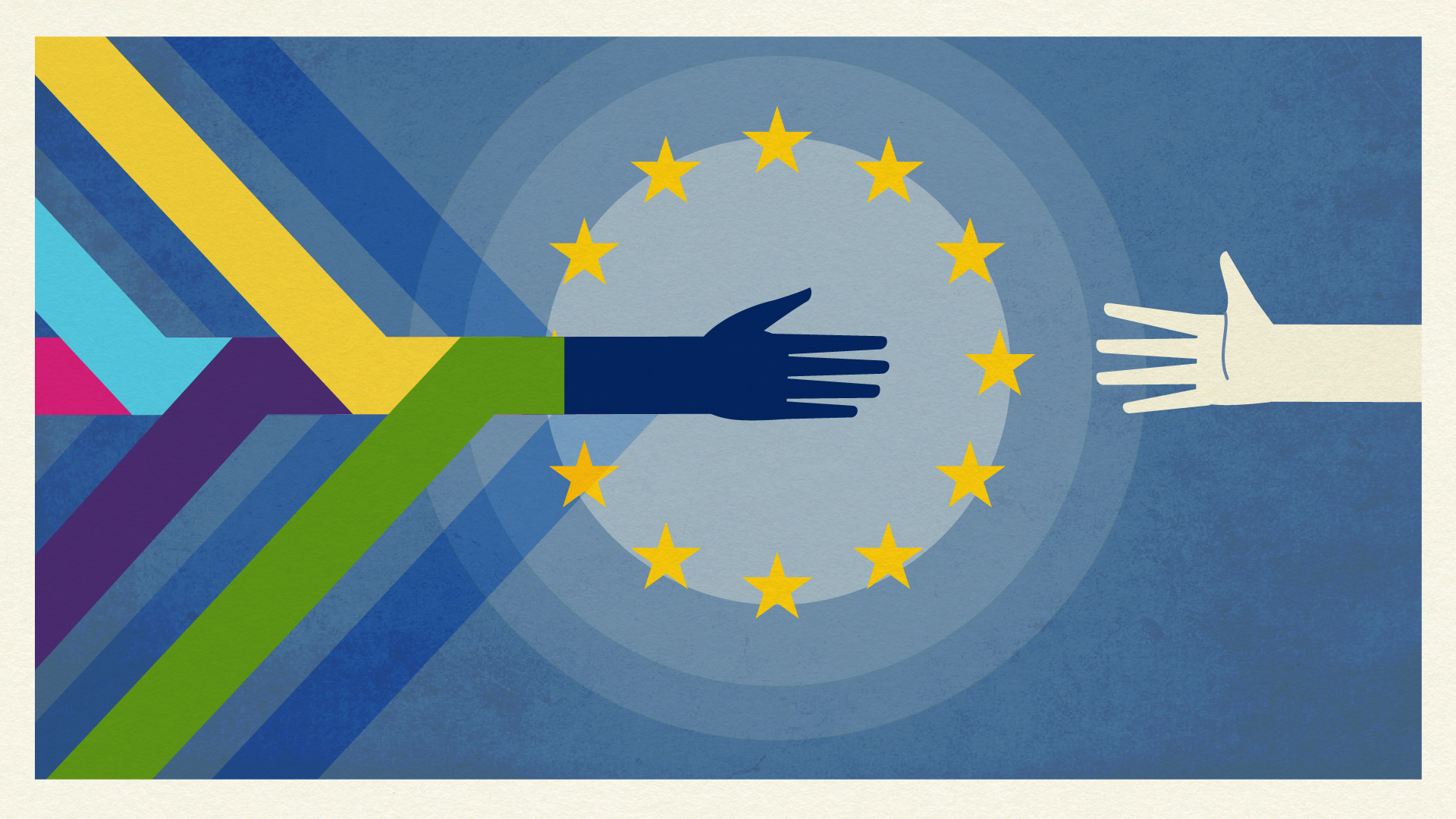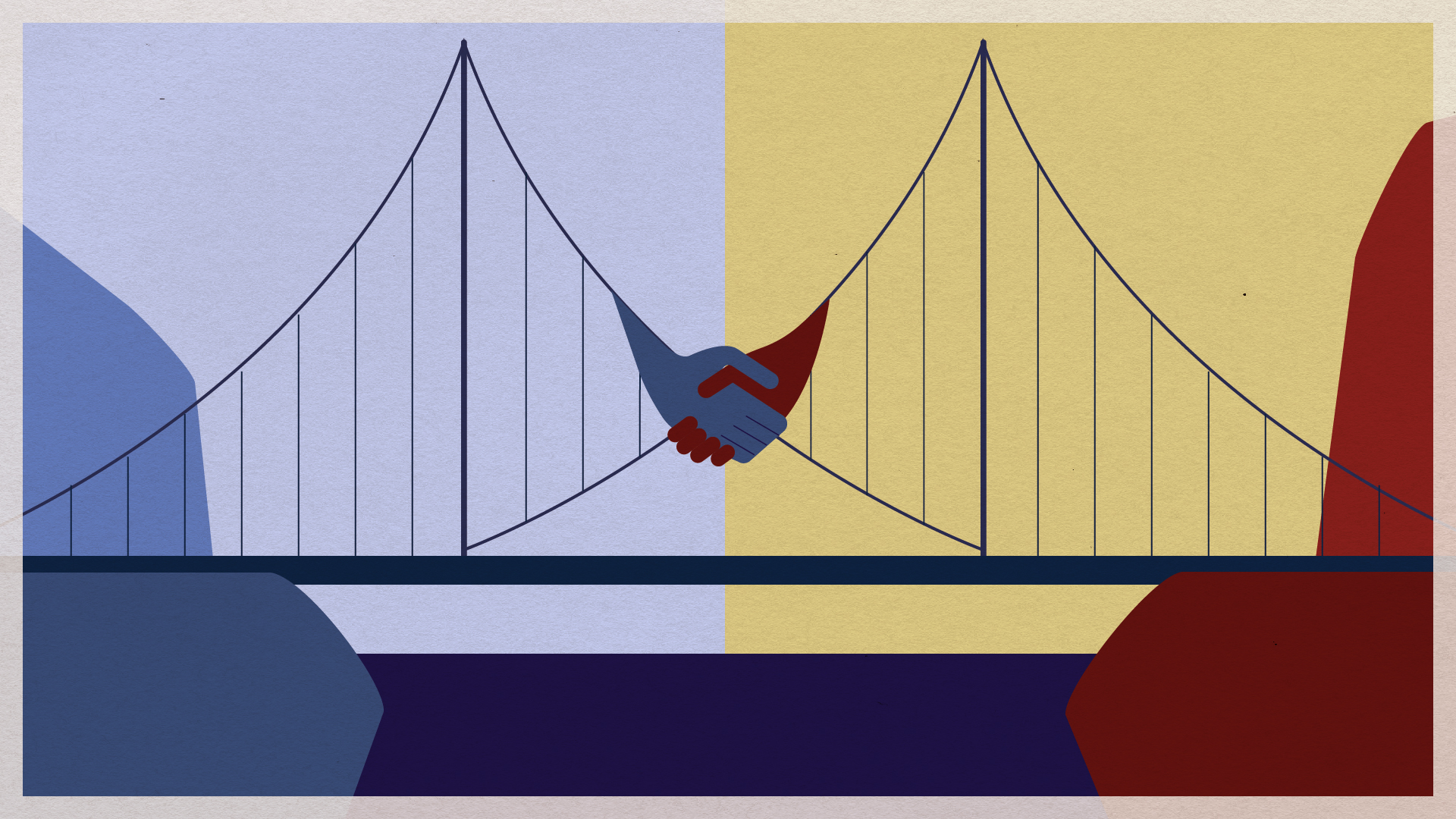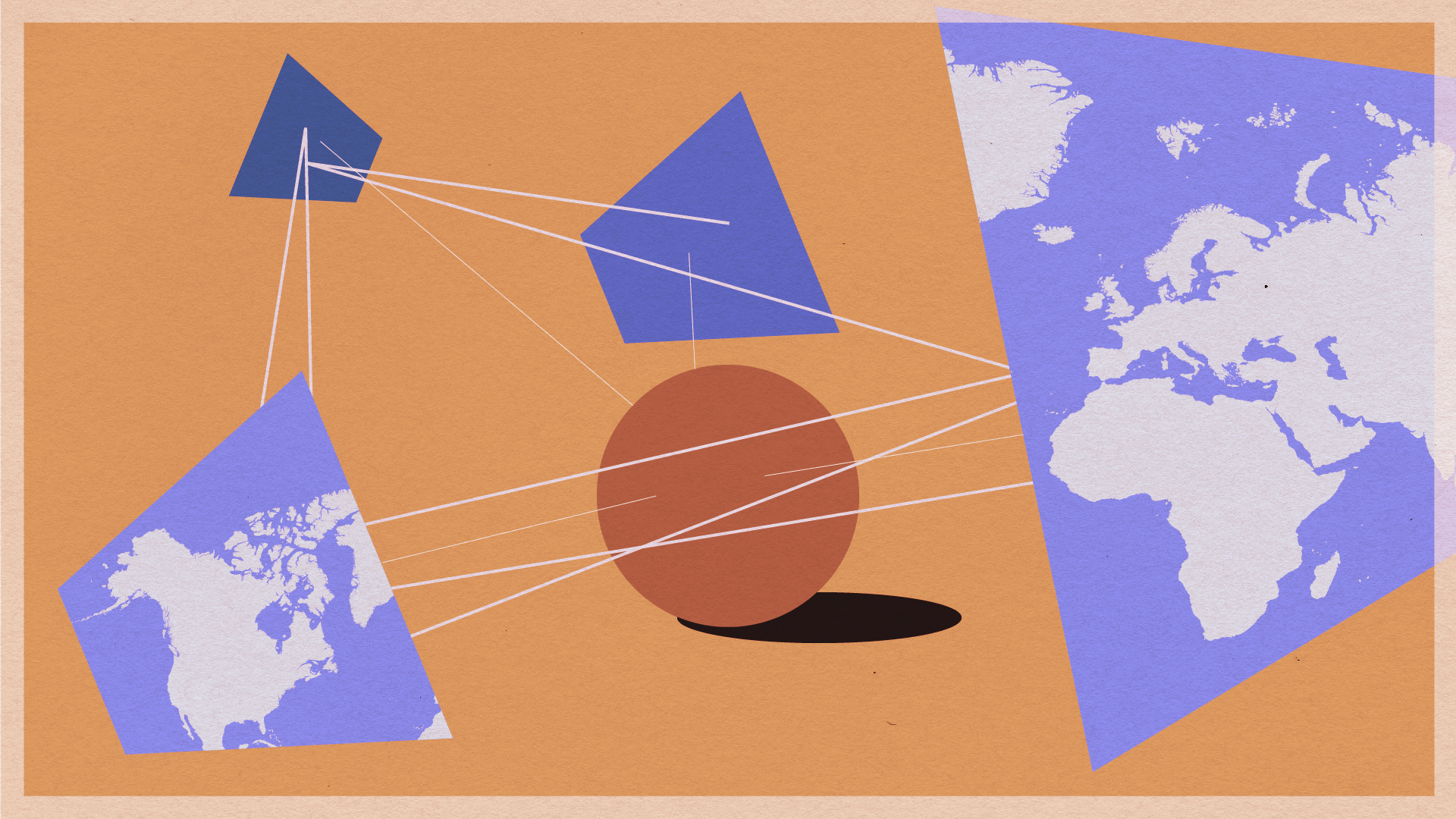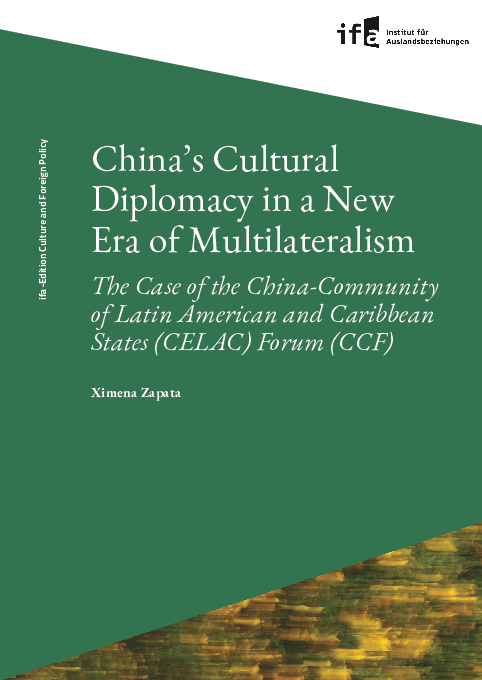The WHO had failed to contain the rapid and global spread of the disease, with dire cost to human life. As the death count mounted, many countries began to turn inward, hoarding key medicines and personal protective equipment for their own people or agreeing to trade these only with key allies. Even the European Union, which prides itself on its soft power and commitment to values, such as human rights, labour standards, and environmental standards, decided to put up emergency export restrictions on hospital supplies for non-EU members. This move threatened devastating consequences for many third countries, besides potential supply chain disruption for medical equipment for the EU itself. Discord also erupted with neighbours of the EU. Recall, for instance, the Serbian president’s bitter reaction to the declaration of export restraints from the EU; he said, ‘European solidarity does not exist. It was a fairy tale on paper’ and announced that Serbia would turn to China instead. Polling data further revealed high levels of disappointment with the EU even amongst its own members.
Just when the world needed it most, multilateralism failed us at enormous human and economic cost.
Amidst this disruption that was taking place in global supply chains, the organisation that should have been able to step in and limit the damage was the World Trade Organisation (WTO). But the WTO, already beleaguered in its negotiation, monitoring and dispute settlement functions, was not in much of a position to act. And even if the organisation had not been beset with these multiple problems, there was little in its rules to put a stop to the export restraints that were being put in place, or indeed the different ways in which trade was being used for geostrategic gain. So, it stood by helplessly and watched the crisis deepen. Just when the world needed it most, multilateralism failed us at enormous human and economic cost.


